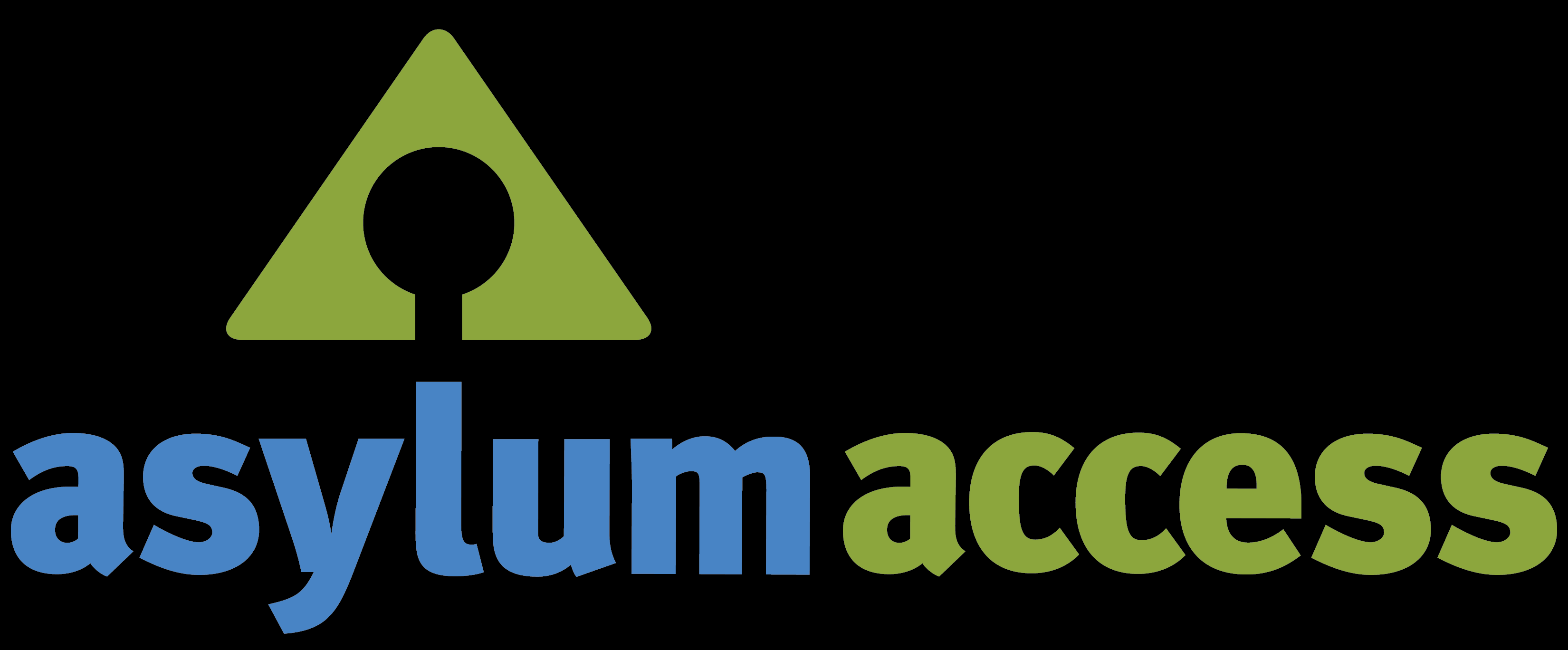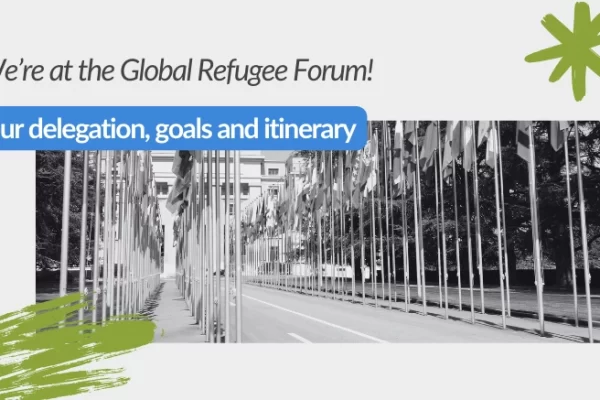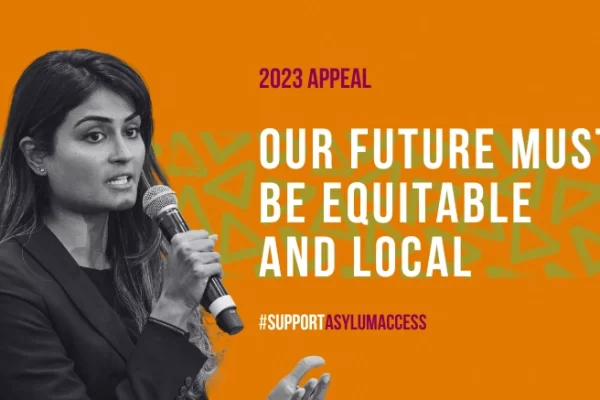Day in the Life of a VLA: Juan Gonzalez
Name: Juan Gonzalez
Office: Asylum Access Thailand
Age: 37
Hometown: Colombia and USA
How did you hear about Asylum Access?
I was in China before I came here, until plans to remain in China fell through. I found out about Asylum Access Thailand through someone I met last year. At first, I was interested in Asylum Access Ecuador in Quito. That almost worked out but then I decided, for a few other reasons, that it made more sense to come here, though I’m still curious to go check out the work over there as well.
What made you interested in volunteering with Asylum Access?
I’ve been interested in getting into international work, something in the area of development of rule of law. I had worked on a few refugee-related pro bono cases in the States and that’s something I wanted to explore further. One of my colleagues last year in China had a fair amount of experience with refugee work, and had spent some time here in Thailand doing that. She spoke well of the Asylum Access Thailand office and the work that they do. I decided to come out since I thought it would be a good opportunity to have an immersion experience in refugee work.
Has there been one specific case or situation where you felt a degree of accomplishment in the work you did?
It’s hard to see final results unless you stay here for a long time, so you don’t tend to think of accomplishments in terms of results, but I can say that in certain cases you can observe a much greater impact. For most cases, we help by preparing applicants for their RSD interview. If they’re well-spoken, they don’t need that much help so you give them some guidance, but for the most part they are ok on their own. With some, it’s different. I have a client right now with a fairly complex story. He may have some sort of mental disability, he has had no education, and has a very hard time talking about his story. I can understand why he wouldn’t have been recognized as a refugee on his first go around, especially since he didn’t have help at that time. I now see that he has a pretty good case, but it’s taken a lot of time to piece things together. Now, I think we can actually help him. I’m working on it, the case will be submitted some time over the next week or two, but I don’t know if it will take months or a year for a decision to be made. While I can’t tell what might happen, I can see that [our help] is definitely beneficial for him.
What is the greatest challenge to asserting refugee rights in Thailand?
The Thai government doesn’t recognize refugees so they can’t work and they’re constantly dealing with arrests and raids. It’s a hostile context to work in. Even people that you’re able to help or who are able to access refugee status are not entirely safe in Thailand. They may easily be placed in a detention center.
What’s your greatest personal and professional challenge so far?
The greatest challenge in both my personal and professional life is language barriers. In terms of living in Thailand, I’m just trying to pick up a little bit of Thai here and there to make the most of my experience. The same goes for relating to and communicating with our client population. It’s definitely starting to wear on me more and, in the future, I am considering making a move to more familiar regions like Latin America.
Describe a typical workday at Asylum Access Thailand in Bangkok.
On a typical workday, I usually provide one to two hour-long consultations to one or two clients. These are provided three to four days a week. A lot of what we do is helping clients prepare for their RSD interview. The rest of the time may be spent reviewing the case files for the client you’re going to meet, working on other cases like appeals and re-openings, preparing testimonies for first instance applicants, or researching and writing briefs or testimonies.
What do you do on the weekends when you’re not working?
I typically try to do one or two things in town to experience something new in the city. I haven’t left Bangkok much yet, except for a few trips to Hong Kong. I’m plugged into the salsa dancing community here, which is something I’ve been following at the different places where I’ve lived overseas. Most big cities have a fairly vibrant salsa scene and that’s one of my main interests. I’m also playing some sand volleyball.
What is your best memory of your Thailand experience so far?
Overall, one of the things I’ve found most rewarding and that will probably stay with me the most is the interactions I’ve had with our clients; learning their stories and being able to intervene in a meaningful way when they are going through a difficult experience. It’s challenging and humbling because you realize that you may be able to help in one small aspect of their lives, but there are so many other aspects where you can’t really help. Nonetheless, it is satisfying to be able to at least intervene in one small aspect that is still very helpful to them.
How will this experience shape your career plans or goals?
As a next step, I’m definitely looking to see if I can continue doing refugee casework. If that happens, this would definitely have been a very formative and applicable experience. If I end up doing something different, I still plan on trying to be involved and maybe just working on refugee cases on a pro bono basis. I am hoping it will stay with me in one form or another throughout my career.
Schools Attended and Degrees Conferred
Columbia Law School, Columbia University





